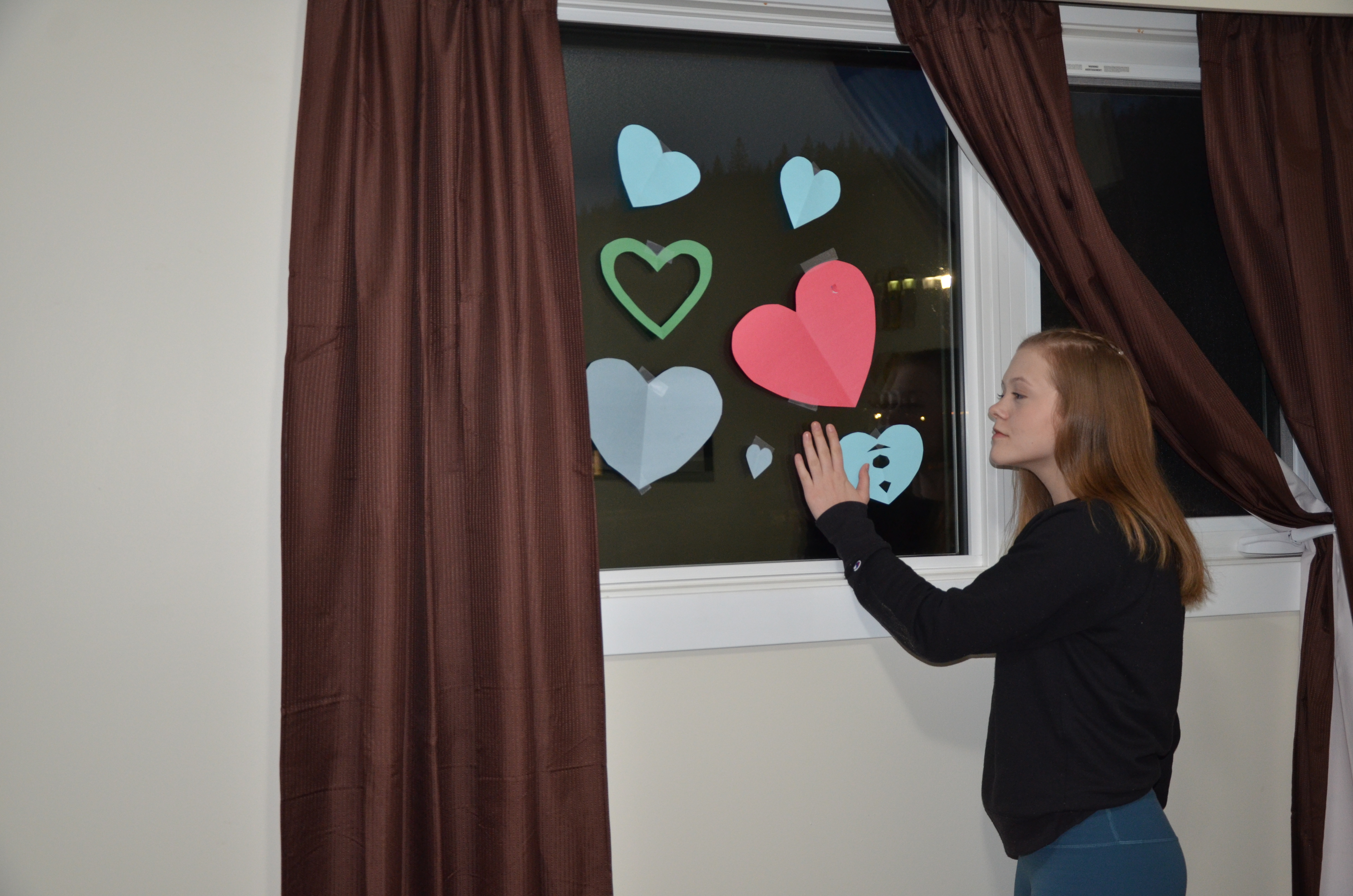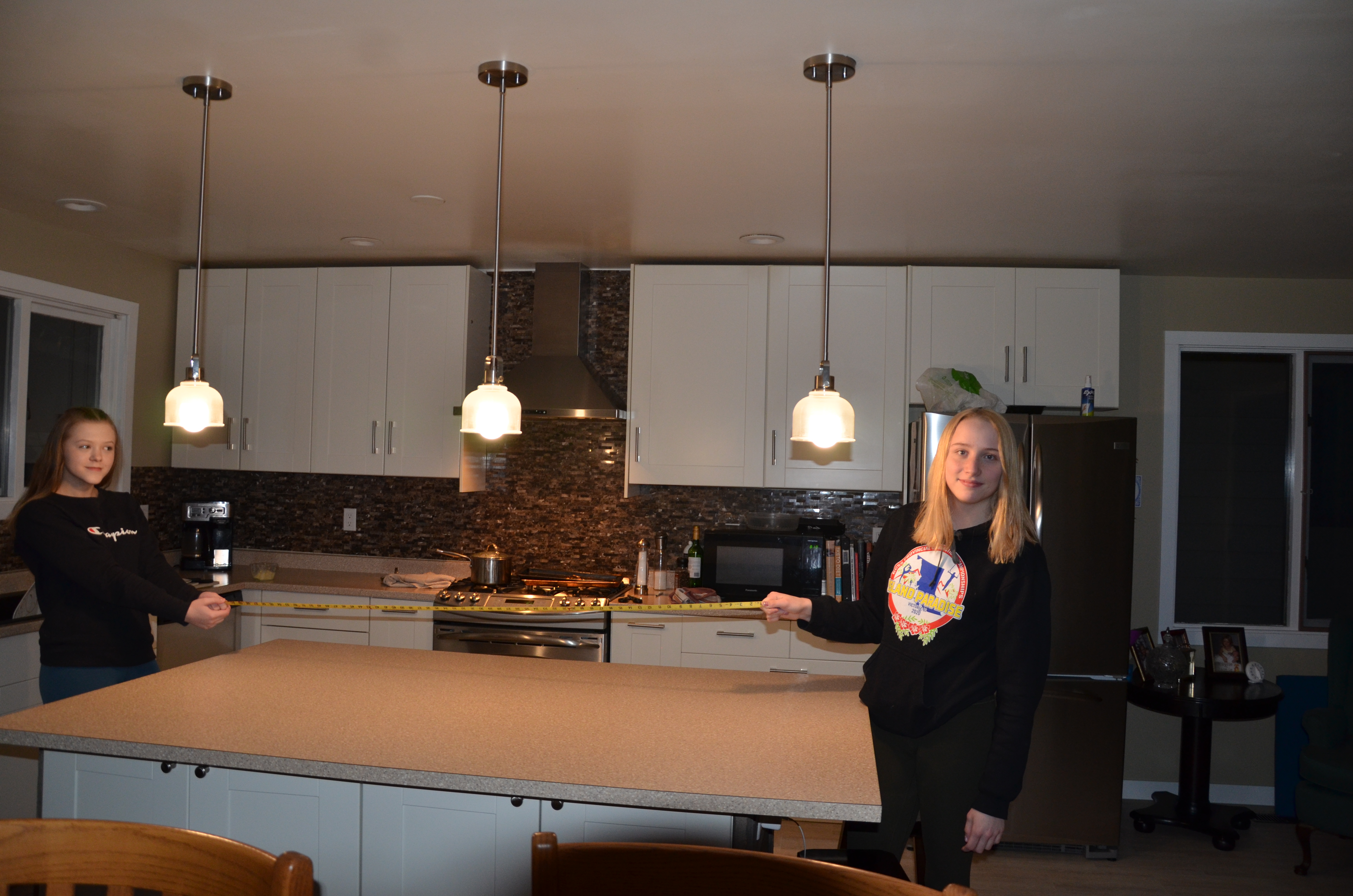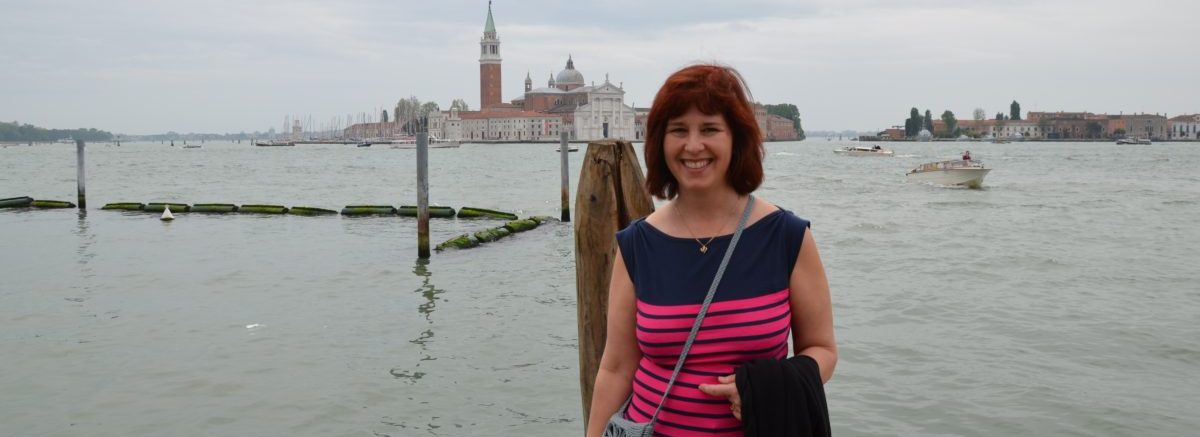
Many people are seeking help for anxiety over the coronavirus. They assume that their fear is an abnormal, unhealthy reaction that gets in the way of their daily functioning. What most people are experiencing though isn’t anxiety, it’s a normal, healthy fear of an actual threat. Anxiety is a fear reaction to a perceived threat that isn’t real or imminent. The coronavirus is real, and it’s imminent.
Fear plays a vital role in our survival. It sharpens our senses and prepares us to take action. Without fear we wouldn’t take the coronavirus seriously and would actually put ourselves in more danger. During this real threat to our health and safety, fear keeps us vigilant and propels us to make wise choices.
You’ve likely seen images of the crowded beaches in Florida. When interviewed, some people expressed no fear of the virus and believed that life should continue as normal. Young people in particular seem to lack fear of the virus. Their lack of fear actually puts them and others at greater risk. It is not helpful. We need healthy fear to push us to make wise choices during these uncertain times.
Yes, fear is a normal reaction to the coronavirus. We fear our own health, the health of those we love, and the health of others in our community and around the world. Although fear prepares us to meet the demands of the threat, if the fear exceeds our ability to cope, we can be thrown into a crisis. The demands of the situation may be greater than our ability to meet the demands.
It’s possible during a crisis to grow as we push ourselves to develop new coping skills. Just as times like these can bring out the worst in people, so too can times like these bring out the best in people. Think of the heart campaign, people singing from balconies to entertain others, or the doctors and nurses who have come out of retirement, putting themselves in harms way, to return to work. But sometimes in a crisis we stop functioning effectively. We experience a deterioration in our mental health as fear gets an unhealthy hold on us.
Just as you are protecting your physical health through increased hand washing, social distancing, and increased cleaning, we must too protect our mental health as well. There are strategies and activities you can do to reduce your stress level before you get to a crisis state. Here are a few suggestions that can help you cope:
- During isolation, Skype, facetime, or talk on the phone regularly with friends and family members
- Practice relaxation and mindfulness using youtube videos or downloaded apps (for suggestions click: Give your Mind a Needed Break)
- Remind yourself that fear and stress are normal reactions to a scary unknown situation
- Stay informed. Information is power
- Do random acts of kindness for others
- Take up a hobby, read a good book, or start a journal
- Exercise daily by getting outside (practice distancing of course).
Regardless of your coping abilities, it is normal to experience a strong stress reaction to what is happening. You might be more irritable than usual. You might have difficulty concentration and your motivation may be low. You may lose interest in connecting with others. Your sleep may be disrupted or you may require more sleep than usual. All of these symptoms are a normal reaction to increased fear and stress. As you adjust to the changes and practice coping strategies, these symptoms should subside.
If you find that these symptoms increase over time and don’t go away, you may find it helpful to reach out to a counsellor. Some other indications that it might be a good time to connect with a professional include:
- Increased irritability, anger, and a general sense of being unable to cope
- Increased fighting and/or a deterioration in your primary relationships
- Increased tension and inability to relax
- Feelings of hopelessness and despair
- Increased alcohol or drug use
- Suicidal thoughts
Help is available. Reach out to a professional, a friend, or a family member.

We are all in this together so lets support one another. And remember: practice social distancing!
